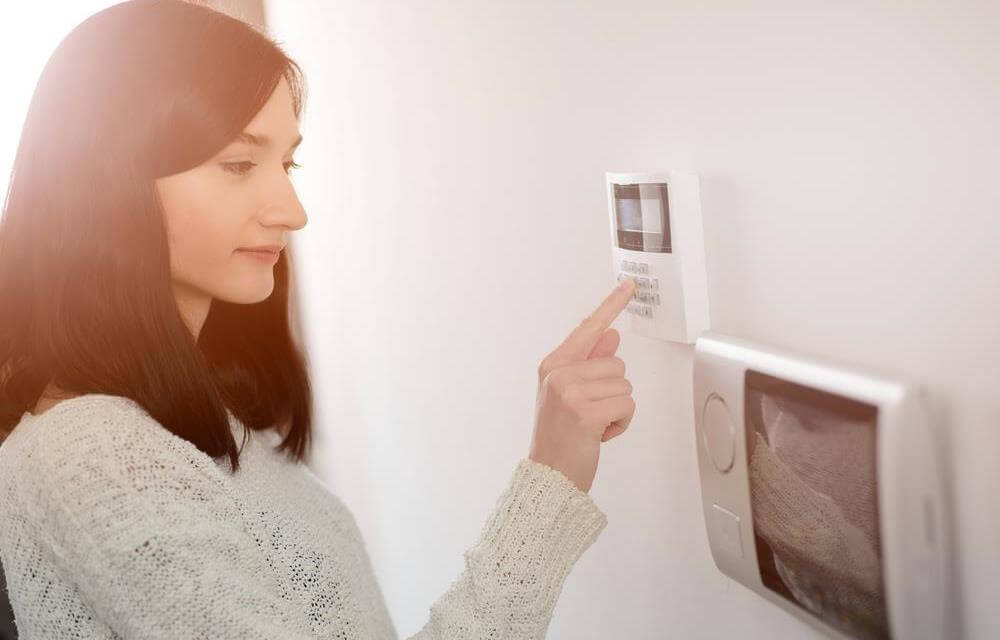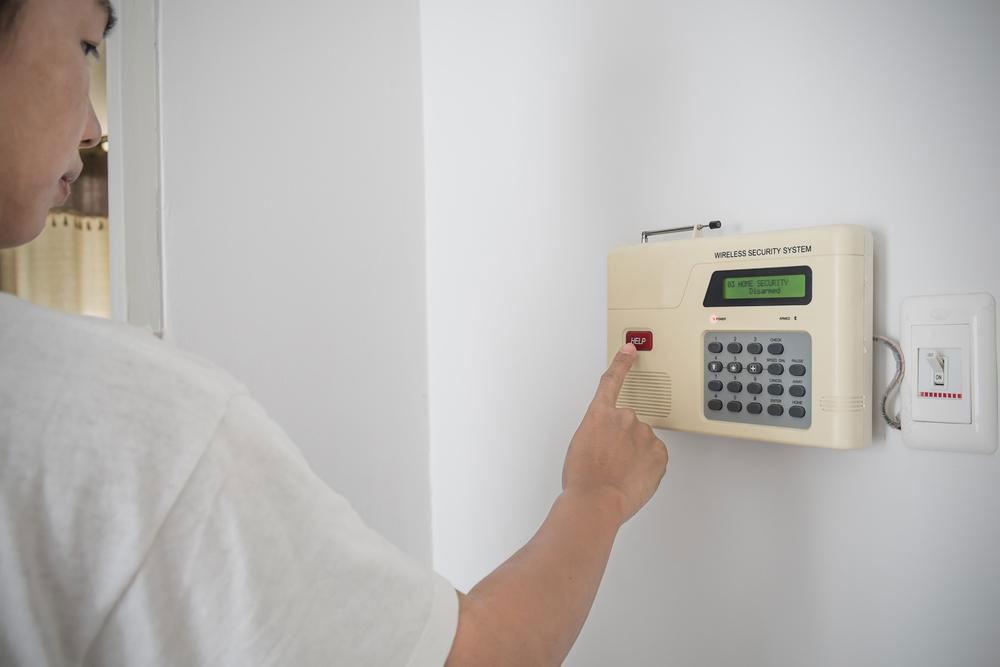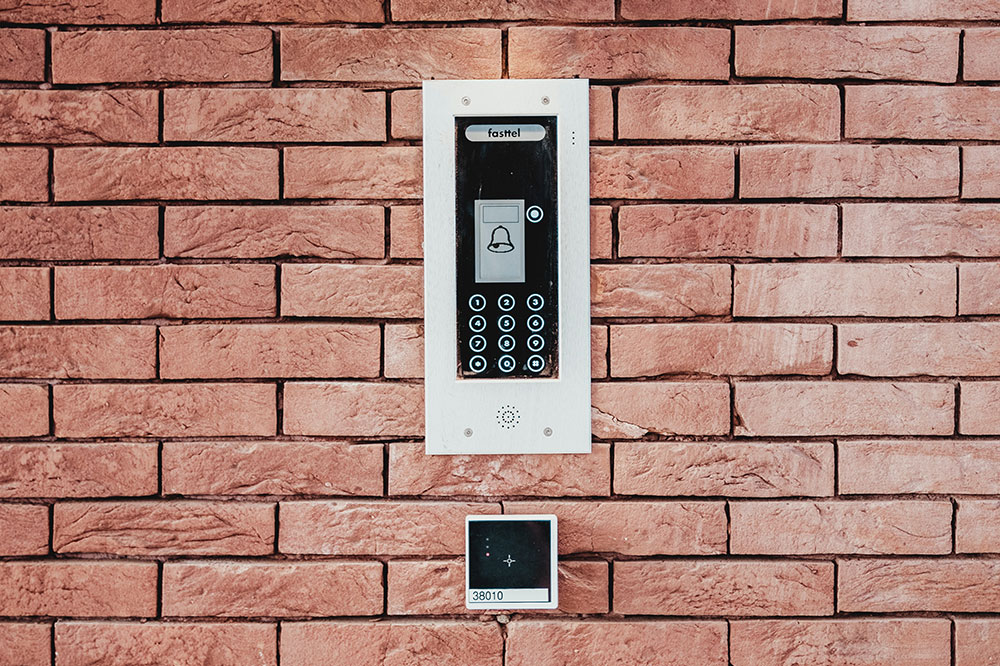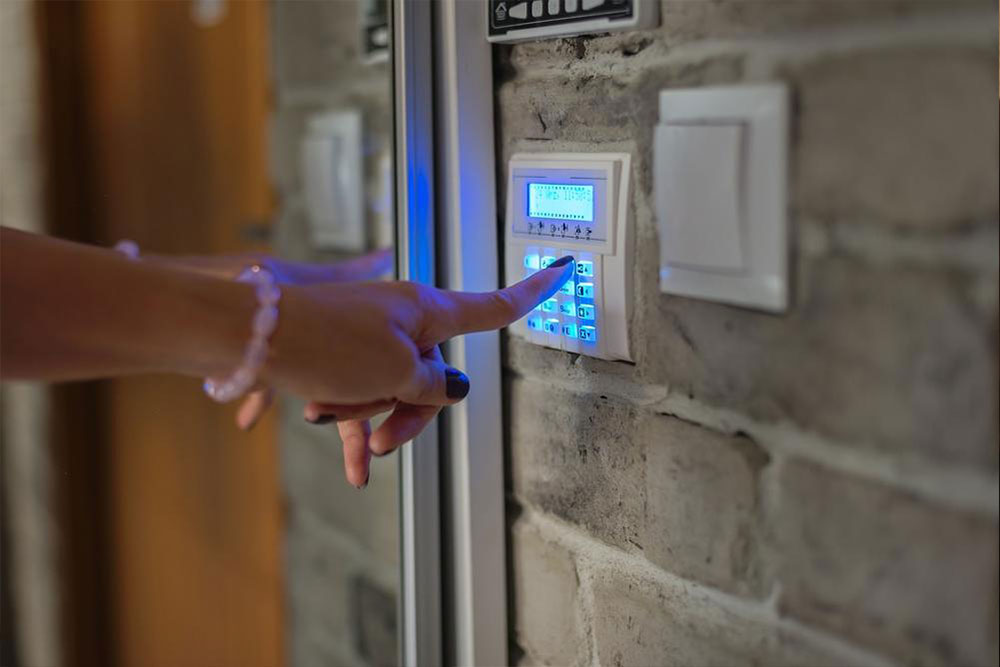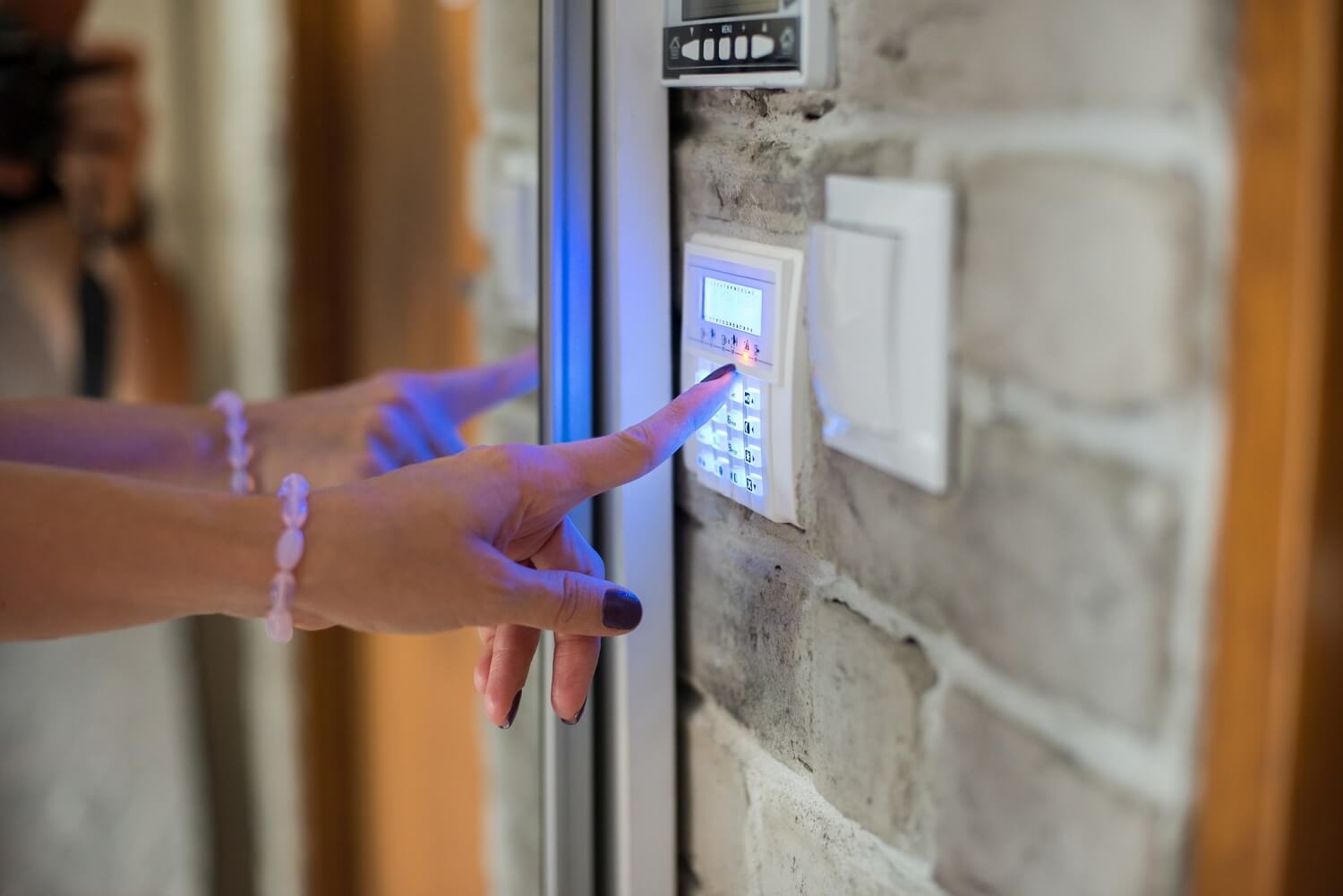Comprehensive Guide to Home Security Alarm Systems: Choosing the Right Solutions for Your Safety
This comprehensive guide explores various home security alarm options, including intrusion detection, fire safety, and infrastructure monitoring systems. Learn how to select and install effective security solutions to protect your home and loved ones. Discover the latest technology features, benefits, and tips for maintaining your security systems for maximum safety and peace of mind.
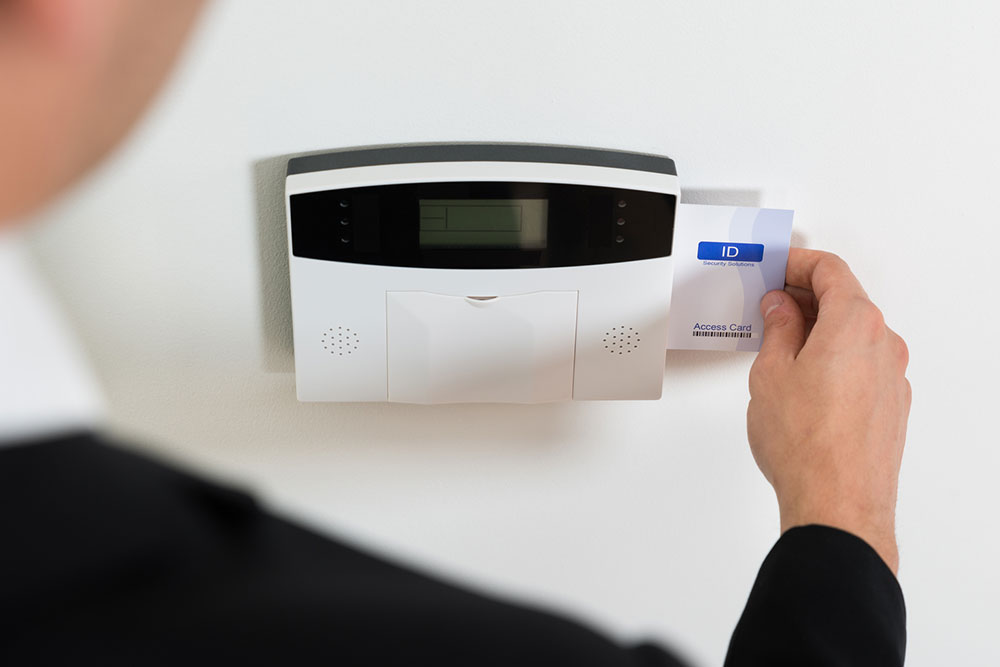
Comprehensive Guide to Home Security Alarm Systems: Choosing the Right Solutions for Your Safety
Ensuring the safety and security of your home is a top priority for homeowners everywhere. A secure home provides peace of mind, protection for your loved ones, and safeguards your valuable possessions. To achieve this, many homeowners are turning to advanced home security alarm systems designed to detect various threats and alert residents promptly. With a plethora of options available on the market, understanding the different types of alarm systems and their features can be overwhelming. This comprehensive guide aims to shed light on the various security solutions, helping you make informed decisions tailored to your specific needs.
In today’s security landscape, selecting an appropriate alarm system hinges on understanding your home's unique vulnerabilities and requirements. There are several main categories of alarm systems, each serving different purposes, from deterring intruders to monitoring environmental hazards. Identifying your primary concerns—whether unauthorized entry, fire hazards, or home infrastructure issues—will guide you in choosing the most effective security setup for your residence.
Intrusion Detection Alarm Systems: Defending Against Unauthorized Entry
Intrusion alarms, commonly known as burglar or security alarms, are the cornerstone of residential safety. These systems are designed to prevent break-ins and unauthorized access, providing a visible deterrent to potential intruders. Typical components of intrusion alarm systems include motion sensors, door and window contact sensors, control panels, keypads, and sirens. When sensors detect movement or unauthorized opening of doors and windows, the system triggers an alert to notify homeowners or security services.
Modern intrusion systems offer wired and wireless configurations. Wired systems, although more invasive to install, tend to be more reliable and less susceptible to interference. Wireless systems, on the other hand, are easier to install and expand, making them ideal for rental properties or those seeking flexible setups. Many wireless systems incorporate smartphone integration, allowing homeowners to monitor and control their security remotely via mobile apps.
Additional features such as dual verification, encryption, and automation can enhance the reliability and security of these systems, ensuring that your home remains protected around the clock. Installing high-quality intrusion alarms can significantly reduce the risk of burglary and provide peace of mind knowing your home is under vigilant protection.
Fire and Safety Alarm Systems: Protecting Your Household from Fires and Hazards
Safety alarms for fire detection are crucial components of a comprehensive home security plan. These devices come in various forms, including smoke detectors, heat sensors, carbon monoxide alarms, and combination units. Battery-operated models are widely used due to ease of installation, but hardwired systems offer more durability and integration with the home's electrical system. Advanced fire alarms can connect with other safety systems, providing a coordinated response during emergencies.
Smoke detectors work by sensing smoke particles in the air, issuing an audible alarm when dangerous conditions are detected. Heat sensors respond to rapid increases in temperature, signaling potential fires even if smoke isn't present. Carbon monoxide detectors identify colorless, odorless gases produced by faulty appliances or fires, alerting residents before dangerous levels accumulate.
Incorporating fire safety alarms with home automation systems can enhance responsiveness, enabling quick evacuation and notification of emergency services. Regular maintenance and battery checks are vital to ensure these alarms function correctly when needed most. Implementing comprehensive fire and safety alarms helps to significantly reduce fire-related risks and enhances the overall safety of your household.
Monitoring Systems for Mechanical and Structural Integrity
Beyond intrusion and fire detection, modern smart homes utilize specialized sensors to monitor the structural integrity and mechanical systems of the residence. These systems play a vital role in maintaining the longevity and safety of your home infrastructure. Critical monitoring includes detection of plumbing leaks, temperature anomalies, HVAC system failures, and electrical issues.
Leak detectors placed near pipes, sinks, and appliances can promptly alert homeowners to water leaks, preventing costly water damage and mold growth. Climate sensors track indoor temperature and humidity, providing early warnings of potential system malfunctions or abnormal conditions that could affect the home's structural integrity.
Smart thermostats and HVAC monitoring systems help optimize energy efficiency while alerting you to malfunctions. Some advanced systems integrate with home automation, enabling remote diagnostics and predictive maintenance. Ensuring these foundational systems are monitored effectively is essential for maintaining a safe, functional, and resilient home environment.
Investing in robust home security alarm systems tailored to your needs can dramatically improve your household's safety and peace of mind. Whether focusing on deterring intruders, preventing fires, or safeguarding your infrastructure, understanding the features and benefits of each alarm type empowers you to make informed choices. Regularly updating and maintaining your systems, coupled with professional monitoring services, can provide continuous protection and quick response during emergencies. A comprehensive security setup is an invaluable investment in your home's safety and your family's wellbeing.
